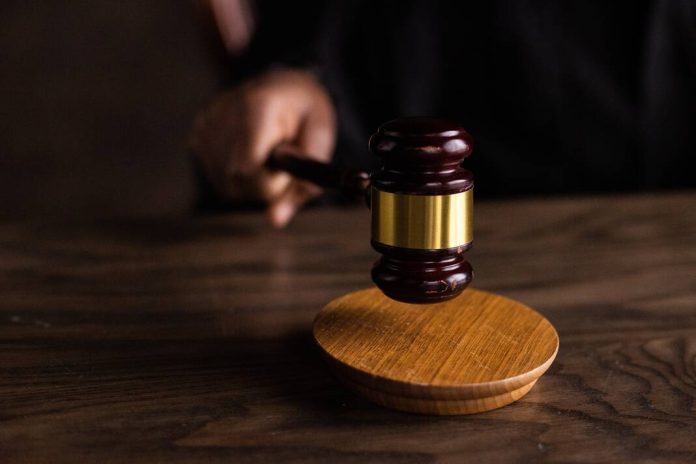U.S. District Court Judge Richard Young issued a preliminary injunction Friday blocking a law set to go into effect Monday requiring age verification for porn websites.
“Indiana’s age verification requirements are likely unconstitutional,” he said. “If Indiana were truly interested in protecting minors from seeing adult content, it would have imposed age verification requirements wherever those images are found, not by selectively determining which websites displaying adult content present the most danger. In sum, the Act does not sufficiently advance the government’s interests in protecting minors from harmful obscene speech because minors can easily circumvent the law using technology or searching for websites not covered by the Act.”
Senate Bill 17 requires that “adult-oriented websites” hosting explicit materials — such as pornography or other “material harmful to minors” — verify a user’s identity before allowing access. That could be by scanning a driver’s license or registering with a third-party verification service.
Pornhub and a coalition of other filmmakers, producers, distributors, wholesalers, manufacturers, retailers, internet platforms, and other creative artists involved in the adult industry — dubbed the Free Speech Coalition Inc. — sued to block the law. As of Friday, Pornhub had already shut down access to its site in Indiana.
Attorney General Todd Rokita’s Office is defending the law.
Young said the law doesn’t meet the strict scrutiny requirement to curtail First Amendment rights and that it is easy for minors to get around the law.
“The Act imposes burdens on adults accessing constitutionally protected speech even when the majority of a website contains entirely acceptable, and constitutionally protected, material,” Young said in the ruling.
Young provided an overview of the process of how age verification and internet protocol addresses work. And he noted that parents can install software to block access easily.
“The Act does little to stop minors from being able to access harmful materials because minors can easily circumvent the Act. Even without doing anything, a minor may appear to have connected to an adult-website from another state that does not impose age verification requirements because IP address geolocation is imprecise,” the ruling said.
Young also noted multiple times there is no evidence that age verification requirements succeed in preventing minors from viewing harmful materials.
By Niki Kelly – The Indiana Capital Chronicle is an independent, not-for-profit news organization that covers state government, policy and elections.





